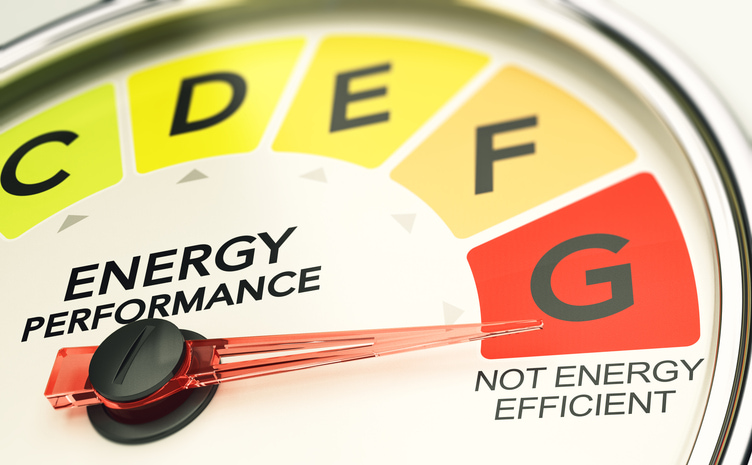Too often, property owners around Vero Beach, FL, wait until their heat pumps suffer a catastrophic failure before replacing them. This leaves you without heating or cooling when you need it most or paying more than you should for an emergency heat pump replacement. Consider these seven signs that it may be time to replace your heat pump soon:
Energy Bills Keep Climbing
Energy bills are a critical indicator when something’s not working well with your heat pump. They can signal low refrigerant, clogged air filters and other problems. Climbing bills may also indicate the system is getting old and needs replacing.
Compare your energy bill each month to the same month the year prior. When you see an unexpected jump in your energy consumption unrelated to outside temperatures, it may signal a significant problem with your heat pump.
Home Never Feels Comfortable
A heat pump’s job is to keep your home comfortable throughout the year. This includes heating or cooling your home and helping control household humidity levels.
You may notice your home never quite achieves the temperature set, making it run constantly without ever feeling comfortable. You may also notice your home feels uncomfortably muggy despite the system running. All of this indicates something isn’t functioning properly.
Heat Pump Repair Bills Are Mounting
Your energy and repair bills give you an indication of your system’s overall health. HVAC professionals tend to see a significant increase in repairs over the last two years of a heat pump’s lifespan.
From a consumer perspective, there are two ways to evaluate repair bills and know when it’s time for a replacement. The first is when any single repair exceeds 50% of the cost of a new system.
For the second, multiply the total cost of repairs over the last two years by the age of the system. When this exceeds the cost of a new system, it’s time to replace or upgrade your heat pump.
Suffering From Poor Indoor Air Quality
Indoor air quality (IAQ) impacts everything from your HVAC system’s efficiency to your allergies and susceptibility to infections. As your system runs, it should help improve your home’s IAQ by removing airborne contaminants with the air filter. When the system is nearing the end of its lifespan, it may not remove as many contaminants as it should.
Indications that your IAQ is poor include a stronger allergy response and more frequent asthma attacks. You may also notice that you or your family suffer more frequent respiratory infections.
Hear Strange Noises
The most noise your system should make is the whir of the circulating fan and some clicks as it runs. A heat pump that needs replacing may emanate other sounds that can become bothersome. These sounds may include include:
- Screeching.
- Scraping.
- Banging.
- Buzzing.
- Hissing.
- Grinding.
All of these can also indicate problems that our service technicians can fix when you schedule heat pump repair services. Have a professional evaluate the source of the sound and how much it’ll cost to repair it. From there, use the repair cost equations to help identify if it’s time for a heat pump replacement.
More Than 10 Years Old
Nationally, the average lifespan for a new heat pump is 15 to 20 years. However, older models only tend to last 10 to 15.
Additionally, the extra salt in coastal air in Vero Beach, FL, may reduce the lifespan, with older models lasting 8 to 12 years. Scheduling the heat pump replacement during the off-season may offer more sales, rebates and better selections.
Waiting for a catastrophic failure will usually cost you more when it’s time to replace your heat pump. Heed these warning signs and plan early to avoid an unplanned emergency heat pump replacement. Call to schedule a heat pump installation consultation with one of the HVAC experts at Grimes Heating & Air Conditioning.
Image provided by iStock

